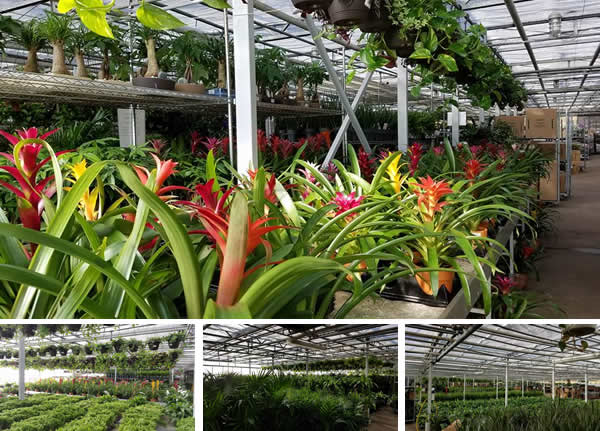
No doubt about it. Blueberries are hot right now! And rightly so--not only are they delicious, they have many, many health benefits as well:
1. They offer the highest amount of antioxidants of any fresh fruit, which means they are excellent disease-fighters and are a prime player in the anti-aging arena.
2. Recent studies suggest that consuming blueberries helps reduce belly fat, body weight and total fat mass; this is very encouraging news for those concerned with cardiovascular health.
3. Blueberries help promote urinary tract health by helping to inhibit the growth of certain bacteria that cause urinary tract infections.
4. Consuming blueberries has been shown to prevent or delay certain age-related eye problems such as macular degeneration, cataract, nearsightedness, farsightedness, dry eye and eye infections.
5. Blueberries contribute to brain health by preventing degeneration and death of neurons; some studies even suggest they are particularly helpful in the treatment of Alzheimer's disease.
6. Their high fiber content, as well as the vitamins and other compounds found in blueberries help improve digestion.
7. Blueberries are an excellent dietary source for preventing cancer, because of their high antioxidant content.
8. Blueberries are considered a great, natural antidepressant--and all without the side effects of prescription drugs!
What conditions do blueberries require?
1. They MUST be grown in an acidic soil.
This requirement cannot be stressed enough--in fact, soil that is too alkaline is the primary reason for blueberry failure.
When planting your blueberries, dig a large hole (the larger, the better) and fill it with pure acid planting mix. As an alternative (many experts consider this the best way to grow blueberries in heavy and/or alkaline soils, as it is easier to control the pH of the soil in a container), plant them in a large container filled with an acid planting mix.
When it is time to fertilize your blueberries, feed them with an acidic fertilizer.
A pH meter will be helpful in making sure the pH level remains between 4.09 and 5.0. Applications of soil sulphur, as needed, will help to keep the soil acidic.
2. They need ample water, but good drainage.
Before planting in an area where soil may not have good drainage, perform the following test:
Dig your hole and fill it with water 2-3 times. If at any point, the water stands in the hole for longer than about 15 minutes, you will need to correct the drainage before planting your blueberry. This can be done by digging a deeper hole or treating the area with gypsum or soil penetrant--ask us for recommendations.
3. Grow your blueberries in full sun, if possible (although they will tolerate part shade, you may not get as good a crop).
Visit us soon for more helpful hints about getting your blueberry patch going and for variety recommendations for our area.
Click to print this article.











